Artificial intelligence (AI) is radically transforming the way we create music. Used wisely, AI tools can be valuable assistants for artists, allowing them to focus on the most creative aspects of music production. At the PRISM conference last May, Matteo Sorci, Account Executive at Dell Technologies, presented major advances in this field and demonstrated how generative AI is revolutionising music creation.
Matteo Sorci began by highlighting the considerable impact of artificial intelligence in various fields. ‘In healthcare, AI can detect certain cancers better than humans. In finance, AI algorithms can detect fraudulent transactions with 95% accuracy in a matter of milliseconds,’ he explained.
Entertainment is no exception. ‘For example, 80% of Netflix content is recommended using artificial intelligence,’ the expert pointed out. This omnipresence continues to expand, particularly in artistic creation. And the field of music is no exception.
A partner for creators, not a replacement
Contrary to the fears of some, Matteo Sorci sees AI as a collaborator that amplifies human capabilities. ‘AI does not replace creativity, it transforms the creative process itself.’ This phenomenon is becoming a reality. ‘By 2024, more than 45% of professional music producers will use AI in their daily work. And this proportion is growing rapidly.’
During his presentation, Matteo Sorci clarified an important distinction. ‘Traditional AI eats data and recognises recurring patterns to make predictions. Generative AI is more creative. It takes data and generates something different or new.’ However, creativity makes all the difference in the arts, where emotion plays a central role. And this creativity remains the preserve of humans, even if AI can help or inspire.
A long history, rapid progress
Generative music is not a recent concept. Mozart was already a pioneer in 1787 with his ‘dice games’. ‘The composer pre-created measures that go together. Depending on the dice rolled by the orchestra, this resulted in a different piece, with measures that were compatible with each other,’ explained Matteo Sorci.
L’évolution s’est accélérée, avec, en 1957, la première composition par ordinateur. En 2010-2016, plusieurs start-up ont éclos dans le domaine, avant l’arrivée dès 2017 des « transformers » par Google et Apple. Depuis lors, les modèles et algorithmes ont commencé à se mettre au service de la musique. Dès 2023, les applications comme Suno et compagnie ont commencé à émerger.
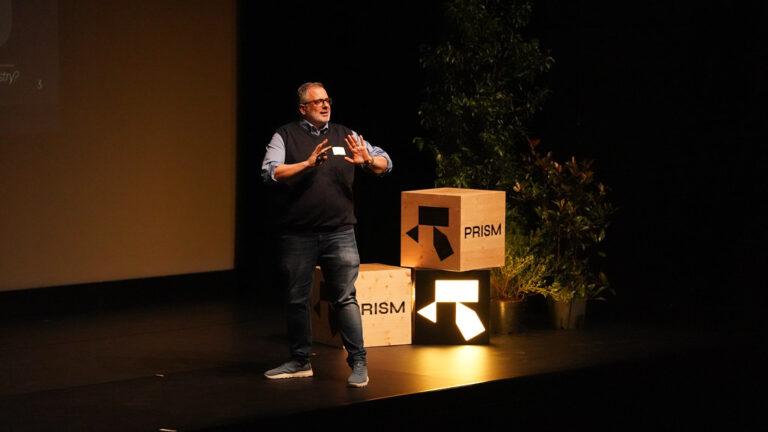
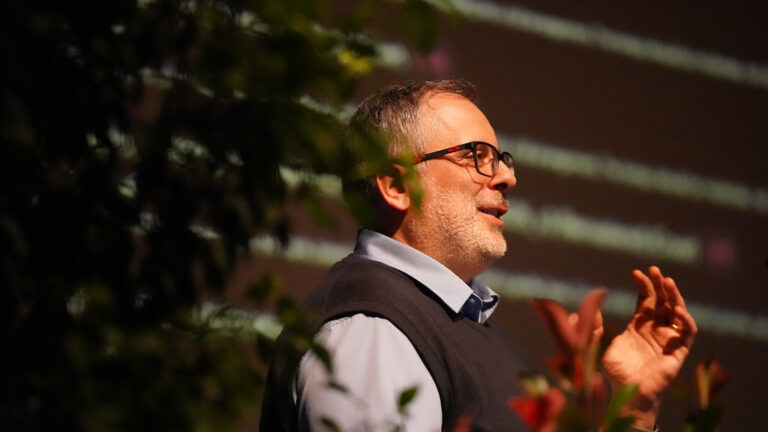
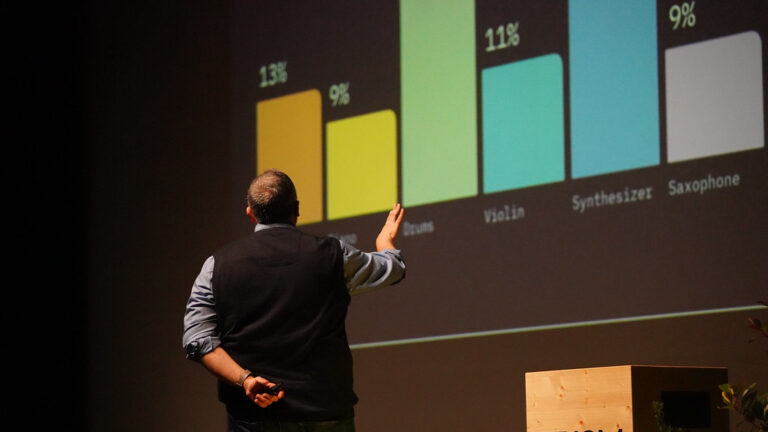
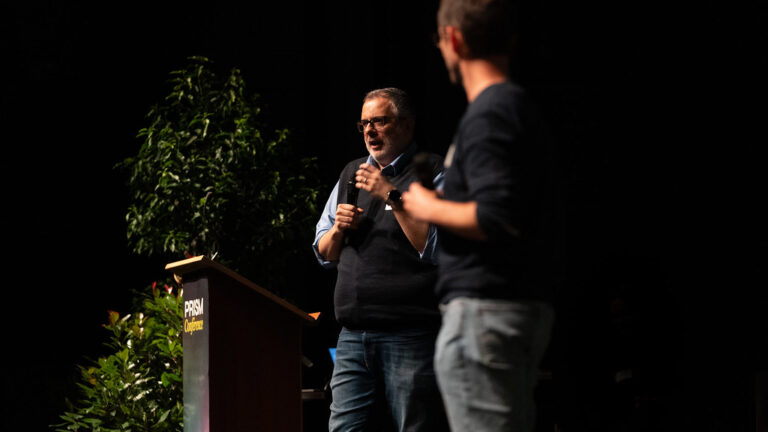
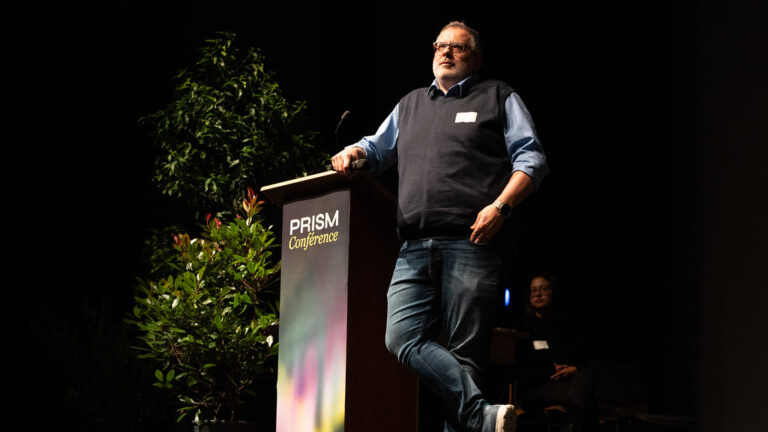
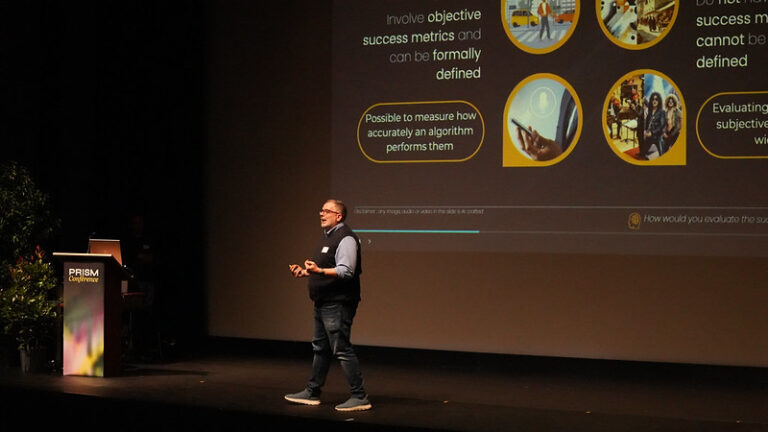
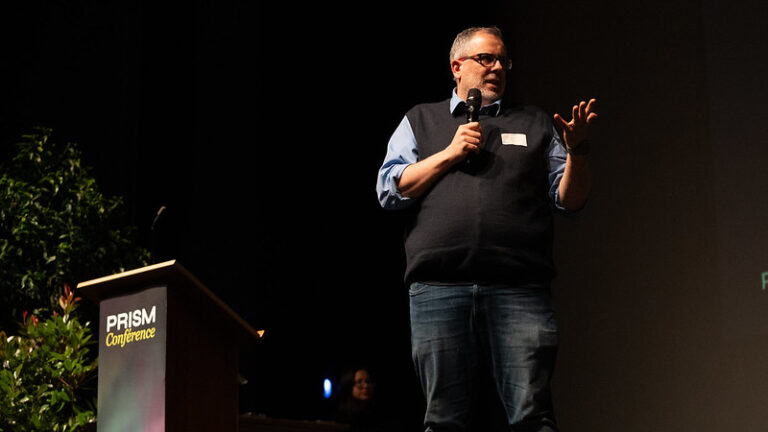
Four types of musical AI today
Matteo Sorci identifies four main families of AI tools for music:
- Those based on ‘text to music’ that create music from keywords or prompts (Suno, MusicLM or Udio).
- Those that allow voices to be modified to give them a different tone or style (ACE Studio, Audimee or Kits AI)
- Those that automatically generate accompanying music from a song (AIVA, SingSong or Mubert)
- Those that create synthetic sounds from scratch, such as sound effects or ambient sounds (ElevenLabs, MyEdit or optimizer AI).
‘I enjoy composing with these tools, but you have to use them correctly. When you do, they free up time for pure creativity.’ AI is therefore very useful for doing the most tedious work, such as adding background music and sound effects to videos.
A live demonstration
To conclude his presentation at the PRISM Conference, Matteo Sorci conducted a participatory experiment by creating music with the audience. Each person present was able to vote for the theme, tone, location, style, tempo and instruments to be included in the piece. The audience was also able to suggest keywords to be included in the lyrics. After using Claude to generate the lyrics and Suno for the composition, he demonstrated the creative power of current AI tools with two approximately 3-minute creations, blending rock and R&B, which impressed the audience.
Beyond these convincing demonstrations, the question of copyright for this type of music remains unresolved. ‘For the moment, it’s a legal no man’s land. While we await legal clarification, which is sure to come, there’s no reason to hesitate in using these technologies,’ says Matteo Sorci.
Comments recorded on 13 May 2025 in Monthey during the PRISM Conference.
